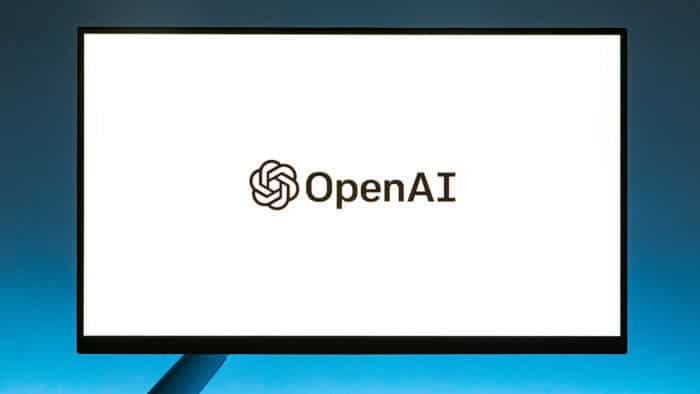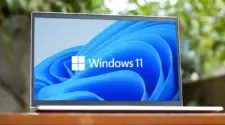Microsoft has announced a multiyear, multibillion-dollar investment in OpenAI, a startup that specializes in AI research and development. This investment follows Microsoft’s previous investments of $1 billion in 2019 and another round in 2021. This brings its cumulative investment to $13 billion and OpenAI’s valuation to roughly $29 billion. The investment is intended to give Microsoft access to some of the most popular and advanced AI systems. At the moment, Microsoft is competing with the likes of Alphabet, Amazon, and Meta Platforms. They are racing to dominate the fast-growing technology that generates text, images, and other media in response to a short prompt.
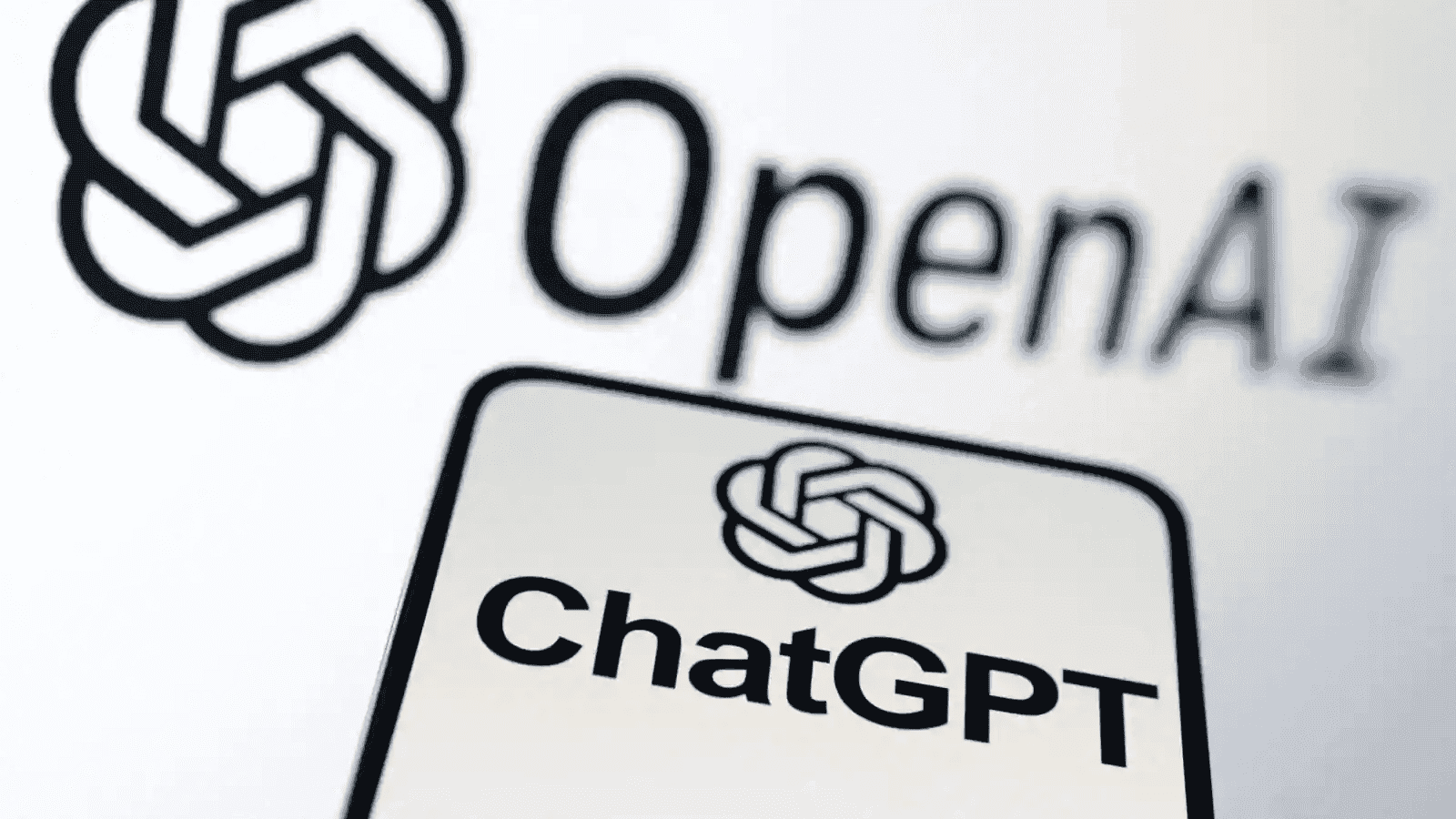
OpenAI said with the new funding, it will work towards its CEO Sam Altman’s vision. This vision is to build “as smart as humans” computer software. Sam Altman said in an interview that his company’s partnership with Microsoft is “working very well”. He also said that he “expects to raise additional funds over time from the tech giant and other investors”. This will help the brand to keep up with Microsoft’s progress to build more complex AI models.
Microsoft’s Partnership with OpenAI
Microsoft’s partnership with OpenAI is more than just a financial investment. It is also the exclusive provider of computing power for OpenAI’s research, products, and programming interfaces for developers. Startups and multinational brands, including Microsoft, are rushing to integrate their products with OpenAI. This means massive workloads running on Microsoft’s cloud servers.
According to insiders, Microsoft invested $10 billion in OpenAI earlier this year. This is part of a “multi-year” agreement. When asked whether Microsoft would continue to invest, Altman said: “I hope so”, and “There is still a long way to go, there is a lot of computing power that needs to be built between now and AGI… The training cost is very high.”
Altman revealed that “revenue growth has been good this year,” but he did not provide financial details. However, he confirms that the company is still operating at a loss due to training costs. He also mentioned that the Microsoft partnership will ensure that “we all benefit from each other’s success and everyone is happy.”
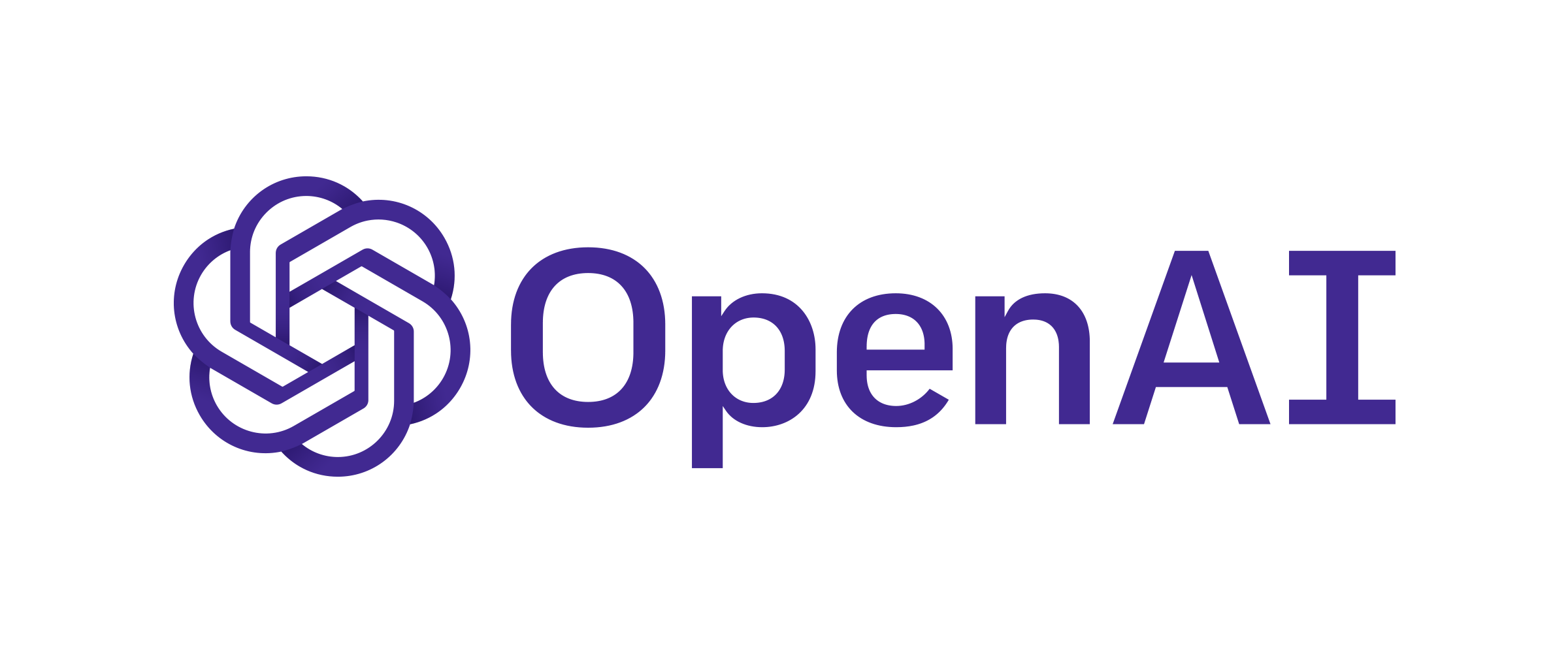
Benefits of the Investment
The funding will allow OpenAI to continue its independent research and develop AI that is increasingly safe, useful, and powerful. In pursuit of its mission to ensure advanced AI benefits all of humanity, OpenAI remains a capped-profit company and is governed by the OpenAI non-profit. This structure allows OpenAI to raise the capital it needs to fulfil its mission without sacrificing its core beliefs about broadly sharing benefits and the need to prioritize safety.
Gizchina News of the week
Microsoft will increase its investments in the development and deployment of specialized supercomputing systems to accelerate OpenAI’s AI research and integrate OpenAI’s AI systems with its products while “introducing new categories of digital experiences.” The tech giant’s Azure cloud platform will continue to be OpenAI’s exclusive cloud provider, powering the startup’s workloads across research, products, and API services.
Criticisms
Some critics have raised concerns about the partnership between Microsoft and OpenAI. Elon Musk, who co-founded OpenAI but left the company in 2018, tweeted in February 2023 that “OpenAI was created as an open source (which is why I named it ‘Open’ AI), non-profit company to serve as a counterweight to Google, but now it has become a closed source, maximum-profit company effectively controlled by Microsoft”. However, OpenAI has stated that it remains a capped-profit company after the deal. This allows it to continue to raise capital with checks and balances in place.
Microsoft’s partnership with OpenAI has been both praised and criticized. On the one hand, the partnership could mean billions of dollars a year in new revenue for Microsoft as workloads pile up in Azure. The investment structure is complicated, but it extends Microsoft’s ongoing collaboration across AI supercomputing and research. Microsoft will deploy OpenAI’s models across its consumer and enterprise products and introduce new categories of digital experiences built on OpenAI’s technology. This includes Microsoft’s Azure OpenAI Service, which empowers developers to build cutting-edge AI applications through direct access to OpenAI models backed by Azure’s trusted, enterprise-grade capabilities and AI-optimized infrastructure and tools.
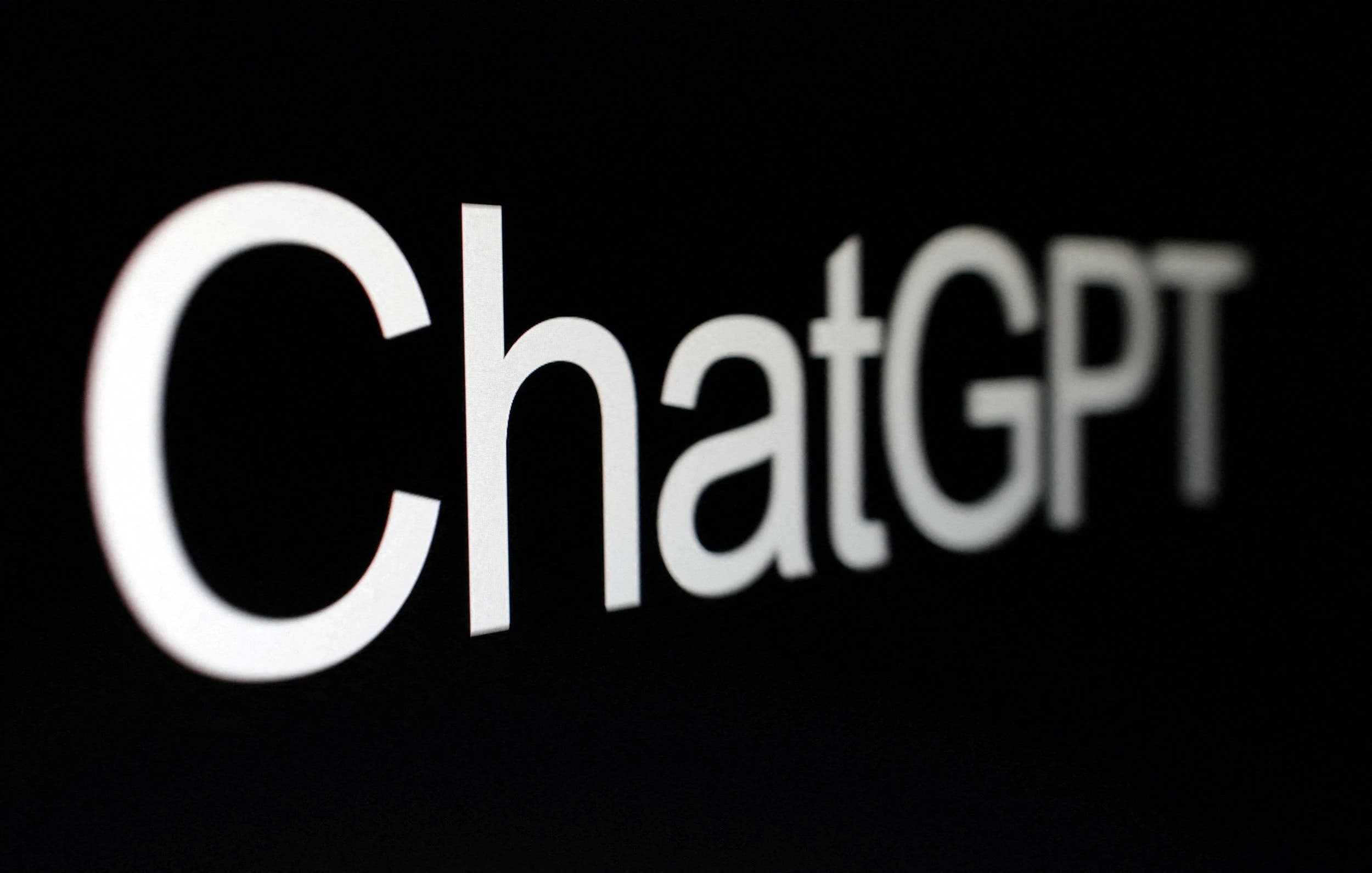
Overall, Microsoft’s partnership with OpenAI has the potential to bring huge benefits to both companies and to the field of AI as a whole. However, there are also concerns about the direction that OpenAI is taking and whether it is still fulfilling its original mission of being an open-source, non-profit company. It remains to be seen how the partnership will develop in the coming years and whether it will continue to be a force for good in the world of AI.
Conclusion
Microsoft’s investment in OpenAI is a significant step towards advancing AI research and development. The investment will allow the startup to continue its independent research and develop AI that is increasingly safe, useful, and powerful. Microsoft’s partnership with the startup is more than just a financial investment. It is also the exclusive provider of computing power for OpenAI’s research, products, and programming interfaces for developers. Some critics have raised concerns about the partnership. However, OpenAI has stated that it remains a capped-profit company after the deal. This allows it to continue to raise capital with checks and balances in place.
Both brands will likely continue to cooperate in the future as Microsoft competes with other bigwigs in the AI market. OpenAI’s ChatGPT took a lead in the generative AI market. However, it will have to improve if it hopes to remain on top.

